Best books of 2017
Part six
Sat 26 Nov 2017
Lucy Hughes-Hallett
Days Without End; Smile
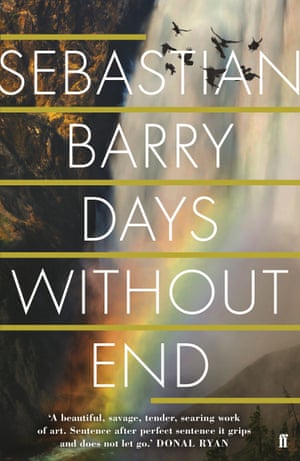
Two brilliant Irish novels stood out, one lushly lyrical, one laconic, both so well written they make pain into literary delight. Days Without End (Faber), Sebastian Barry’s novel of war and defiant love, is as full of outrage and blood and grief as one of Kurosawa’s Shakespearean movies and it’s as gorgeously beautiful too. Roddy Doyle’s Smile (Jonathan Cape) is achingly sad and ruefully perceptive, exquisitely balancing anger with sympathy.
Kirsty Wark
Manhattan Beach; Days Without End; Appointment in Arezzo
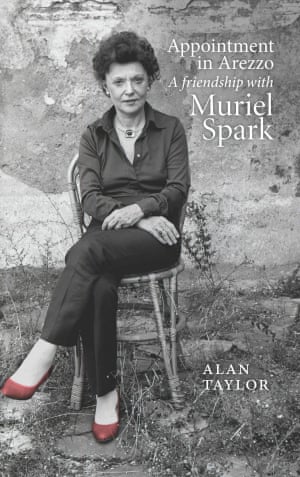
One of the joys of my reading year was Jennifer Egan’s Manhattan Beach (Little, Brown). She tells an intimate and unusual story set in Brooklyn in the second world war, centred around the flinty Anna Kerrigan who becomes the only woman training to be a diver in the Navy Yard, and whose difficult home life is drawn with great compassion. Egan captures marvellously the precarious heightened atmosphere of wartime New York. The savage beauty of Sebastian Barry’s Days Without End (Faber) is imprinted on my brain. The historical research in the story of Thomas McNulty, who left Ireland in the famine, is woven perfectly though this dark violent tale of Thomas and John Cole, lovers caught up in the Indian wars and the American civil war. Alan Taylor’s Appointment in Arezzo (Polygon), his account of his long friendship with Muriel Spark, about whom I am making a BBC documentary, is an insightful, fond and gossipy read, with a Sparkian title to boot.
Louise Doughty
Ghachar Ghochar; Stay With Me; I Am, I Am, I Am
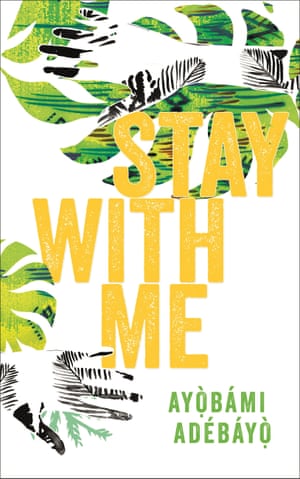
There have been a lot of bells and whistles in fiction in 2017 and, while it’s been a stellar year for inventiveness, I’ve also enjoyed two novels that utilised the underrated power of a simple story, well told. Ghachar Ghochar (Faber) by Vivek Shanbhag, translated from the Kannada by Srinath Perur, is a seemingly straightforward tale of a Bangalore family who come into wealth. Its gently comic tone belies a stunning satire, the full power of which is only apparent as the horror of the ending becomes clear. The Women’s prize-shortlisted Stay With Me (Canongate) by Ayòbámi Adébáyò had me hooked from the start with its portrait of marital disharmony in 1980s Nigeria. But if you want evidence that life can be just as dramatic as fiction, you couldn’t wish for better than Maggie O’Farrell’s stunning memoir, I Am, I Am, I Am (Headline).
Sarah Winman
The Boy Behind the Curtain; Reservoir 13
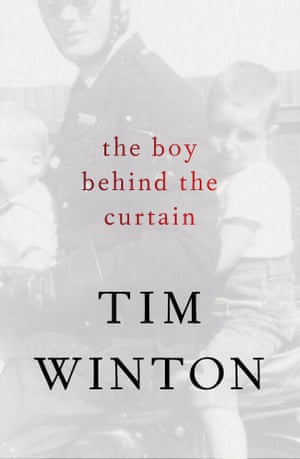
Tim Winton is a favourite novelist of mine. Always has been. So to read The Boy Behind the Curtain (Picador), his collection of autobiographical stories and essays, was a total joy. Here are the influences that shaped Cloudstreet, Breath, The Riders, et al. In one essay, he writes about the gut-churning process and despair of fiction writing. I felt sick. Wonderful. I was handed Jon McGregor’s Reservoir 13 (4th Estate) and told: “See what you think.” What I think is that it’s remarkable. Lyrical, restrained and structurally brilliant. I’ve never read anything quite like it. The book
Julian Baggini
Be Like the Fox; The Infidel and the Professor; The Enigma of Reason
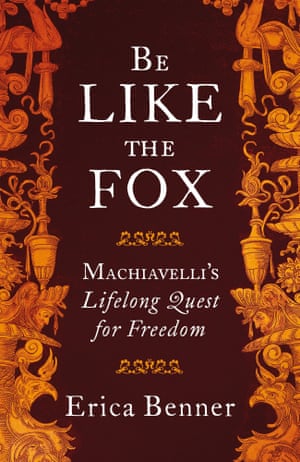
Erica Benner’s Be Like the Fox (Allen Lane) challenged us to rethink Machiavelli, while Dennis C Rasmussen’s The Infidel and the Professor (University Press Group) shone a deserved spotlight on David Hume and Adam Smith. But the standout book of the year was The Enigma of Reason (Allen Lane) by Hugo Mercier and Dan Sperber. The idea that conscious, rational thought is largely window dressing has become the new common sense. Mercier and Sperber show that rationality is primarily social not solitary and has only been debunked because it has been misunderstood.
Sebastian Faulks
Enemies and Neighbours; The Novel of the Century

I am very much enjoying Enemies and Neighbours: Arabs and Jews in Palestine and Israel, 1917-2017 (Allen Lane) by Ian Black. I also raced through The Novel of the Century: The Extraordinary Adventure of Les Misérables (Particular Books) by David Bellos.
SJ Watson
The Fact of a Body; Tin Man
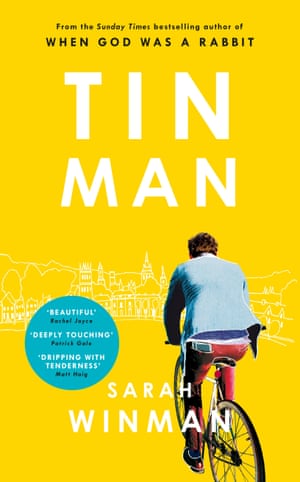
The Fact of a Body by Alexandria Marzano-Lesnevich is an extraordinary book, weaving as it does the story of the author’s own childhood abuse at the hands of a grandfather into the (also true) story of a convicted child killer on death row in whose retrial she is involved. It’s a complex, difficult, essential read, as is Sarah Winman’s third novel, Tin Man, a beautiful book focusing on love, loss and sexual identity, which I can’t recommend highly enough.
Jenni Murray
Elmet; Be a Man
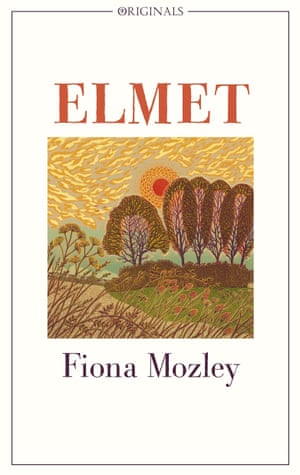
My favourite books of 2017 were, first, Elmet (JM Originals) by Fiona Mozley. It’s an amazingly brilliant debut novel which landed on the Booker shortlist and is a work of extraordinary Yorkshire grit. The landscape of my home county is evoked beautifully. The language is exquisite and the anger at the all-powerful wealthy landowner’s influence on the right to own one’s home leaps from the page. Second was Be a Man by Chris Hemmings (Biteback). A 30-year-old details the pressures of traditional masculinity on a growing boy, the lad phase and the maturing male’s need to comprehend and embrace the feminist project. Should be read by every parent, teacher, man and boy.
Chigozie Obioma
What Language Do I Dream In?; Lincoln in the Bardo; Days Without End
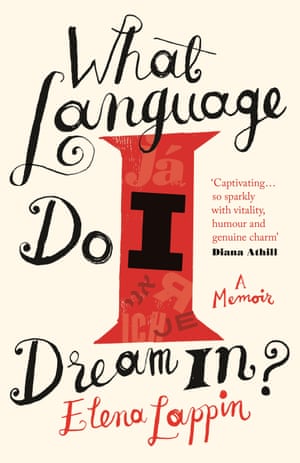
I enjoyed What Language Do I Dream In? by Elena Lappin (Virago). She creates an acute sense of tension, and the way she loops explosive events in her life – discovering that her father was not, in fact, her father – into the philosophy around art and language is skilful and riveting. George Saunders’s Lincoln in the Bardo (Bloomsbury) is one of the books where the jacket description gets it right: they use the word “kaleidoscopic” to describe this ingenious, polyphonic structure that is at once as entrancing as it is beautiful. In Days Without End (Faber), Sebastian Barry employed a rich, flourishing cascade of 19th-century vocabulary to create an atmospheric novel of friendship, war, immigration and the fragilities of the human life. It’s a powerful book.
Amma Asante
The Good Daugher; Why I’m No Longer Talking to White People About Race
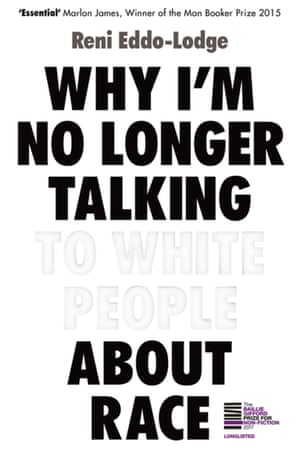
The Good Daughter by Karin Slaughter (HarperCollins) is genuinely disturbing and so skilfully crafted, you feel, taste and smell the world as you are sucked in by its unpredictable twists and turns. I found Why I’m No Longer Talking to White People About Race by Reni Eddo-Lodge (Bloomsbury) timely and resonant. The author’s passages on intersectionality are particularly poignant. It’s a powerful and important read, relevant and accessible whatever your race.













No comments:
Post a Comment